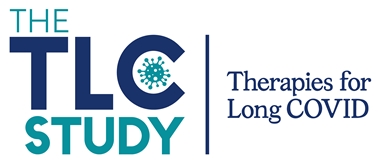Approximately 1 in 10 people with COVID-19 continue to experience symptoms and impaired quality of life beyond 12 weeks, which is known as ‘Long COVID’.

Common Long COVID symptoms include, extreme tiredness, shortness of breath, chest pain or tightness, ‘brain fog’, insomnia, heart palpitations, dizziness, pins and needles, joint pain, depression, anxiety, tinnitus, earaches, nausea, diarrhoea, stomach aches, loss of appetite, a high temperature, cough, headaches, sore throat, and changes to sense of smell or taste.
Through a partnership with the Clinical Practice Research Datalink using electronic GP records, the University of Birmingham-led team will identify and recruit thousands of non-hospitalised patients with Long COVID who have had symptoms for 12 weeks or longer to a major clinical digital study.
At the heart of the study will be the use of a digital platform, called Atom5™ from med-tech company Aparito Limited, which will be configured for the study by experts from the University of Birmingham with patient input. Participating patients will be given access to the digital platform, allowing them to self-report symptoms, quality of life and work capability.
A subgroup of patients will receive blood and other biological tests to understand the immunology of Long COVID, and will wear a device that will measure their heart rate, oxygen saturation, step count and sleep quality.
Using their findings, the researchers will co-produce with patients a targeted intervention for Long COVID, tailored to individual patient need. Delivered remotely in the community, via the Atom5TM app, it will provide critical support and information to empower patients in self-managing long COVID. In addition, they will provide tailored resources to support symptom management and nurse-led support for those with the severest symptoms.
The researchers will also use the digital platform to assess whether the treatments and supportive interventions reduce symptoms, improve quality of life, and are good value for money.
All data gathered will be used to help the scientists characterise the symptoms, health impacts, and underlying causes of Long COVID syndromes in non-hospitalised patients – providing invaluable insight not currently available.